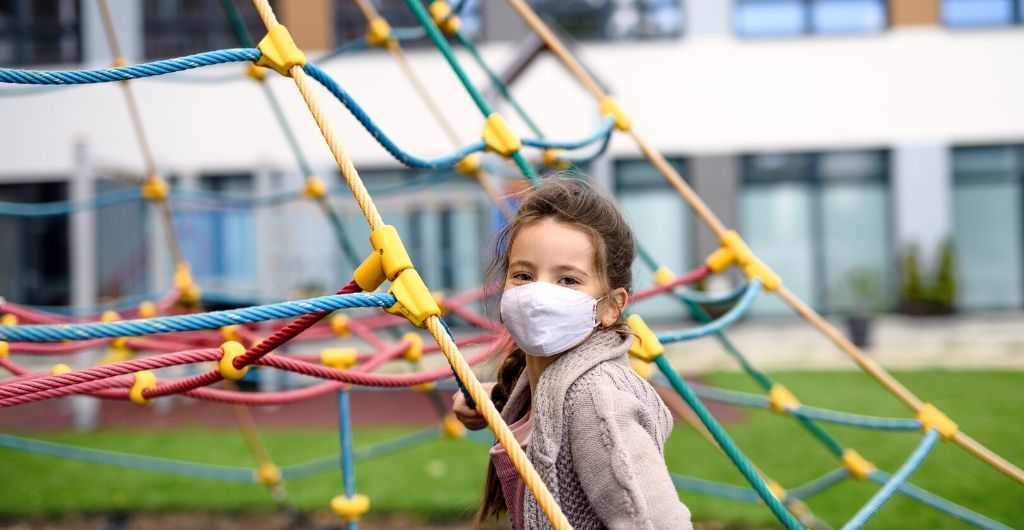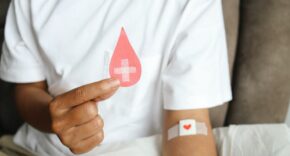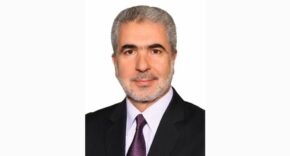
Barnardo’s needs the help of doctors, nurses and other health professionals to help stop vulnerable children and young people missing out on vital support during the coronavirus pandemic.
A new programme led by the UK’s leading children’s charity is now available to young people who have been adversely affected by the coronavirus pandemic but who don’t meet usual social care thresholds.
Lockdown has isolated vulnerable children and young people from GP surgeries, hospitals and other services, and Barnardo’s is calling on health professionals to refer vulnerable children and young people to the new See, Hear, Respond service funded by the Department for Education so they can get the help they need.
Through the DfE’s new See, Hear, Respond partnership, Barnardo’s is leading a ‘coalition of charities’ across England to provide much-needed support to children who are falling through the cracks.
It will work with GP surgeries, schools and other agencies to find children who are hidden from view, who are currently not receiving support from statutory organisations and those who are at risk of or are experiencing adverse impact to their health and well being.
These young people desperately need help, but the lack of exposure to healthcare workers and other professionals means they are going unnoticed and unsupported.
The service is open to any child who does not have other support networks that professionals may be concerned about. There is no threshold of need or harm that has to be reached to receive a service, but the service is particularly committed to finding children who may be most at risk of harm, including:
- Children under five
- Those with special educational needs or who experience other associated harms such as adverse home-life or online harms
- children at risk of any form of abuse, criminal and sexual exploitation
- BAME children (who are not being seen or reached)
- Young carers
The partnership, made up of local and national charities, will work together to expand its reach and help vulnerable children most impacted by the coronavirus pandemic with online counselling, therapy and face-to-face support.
But the programme needs healthcare professionals and those working with children to keep an eye out to help drive referrals and ensure children and young people get the support they need throughout the crisis.
In the biggest ever survey of the leading children’s charity’s services’ practitioners, respondents said that fewer children and young people were being referred into services, despite increasing need. Nearly half (45%) of Barnardo’s front line workers who reported a change in their safeguarding caseload in the charity’s practitioners’ survey, said they had seen a decrease in referrals to their services.
Frontline workers also reported that lockdown has resulted in vulnerable children and young people being turned away from the support they are entitled to and desperately need, with 8% saying this had happened to a child or young person they are working with.
The biggest concern reported by Barnardo’s practitioners in the survey was that children and young people are not being physically seen by doctors, teachers and other professionals, due to lockdown and school closures. Increased mental health and wellbeing issues was the next biggest concern, followed by increased risk of domestic abuse.
Children have also been in lockdown in homes where domestic abuse and sexual abuse are taking place. These pressures will likely impact more families as the crisis continues.
Parents are also stretched further than ever, many families have been hit hard financially, have additional home-schooling responsibilities, may be caring for other family members who are shielding and this can all put additional strain on family relationships and physical and mental health.
Black, Asian and minority ethnic children are more likely to be carers for ill or disabled family members and are more likely to suffer bereavement as the virus disproportionately affects people of colour.
Barnardo’s Chief Executive Javed Khan said: “The coronavirus pandemic has meant that vulnerable children and young people are ‘hidden’ from vital support services. Many have been suffering in silence, struggling with mental health problems or abuse at home, by gangs or online.
“That’s why Barnardo’s is leading a consortium of charities from across England, with support from the Department for Education, to identify and support children at risk of harm.
“But for this to work, we need healthcare professionals – and anyone in contact with vulnerable children – to be our eyes and ears and refer children in need of help.
“Children have too often been unseen and unheard during this crisis and they risk becoming the forgotten victims. This initiative is a vital lifeline for the hundreds of thousands of children and young people as we navigate the pandemic and its aftermath, helping to improve their long-term outcomes so they can have successful futures.”











